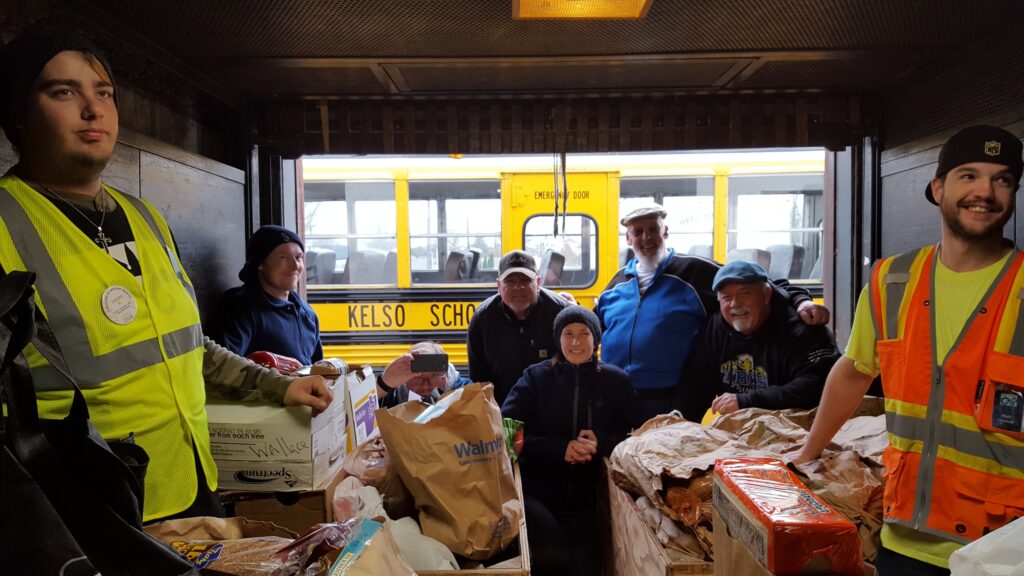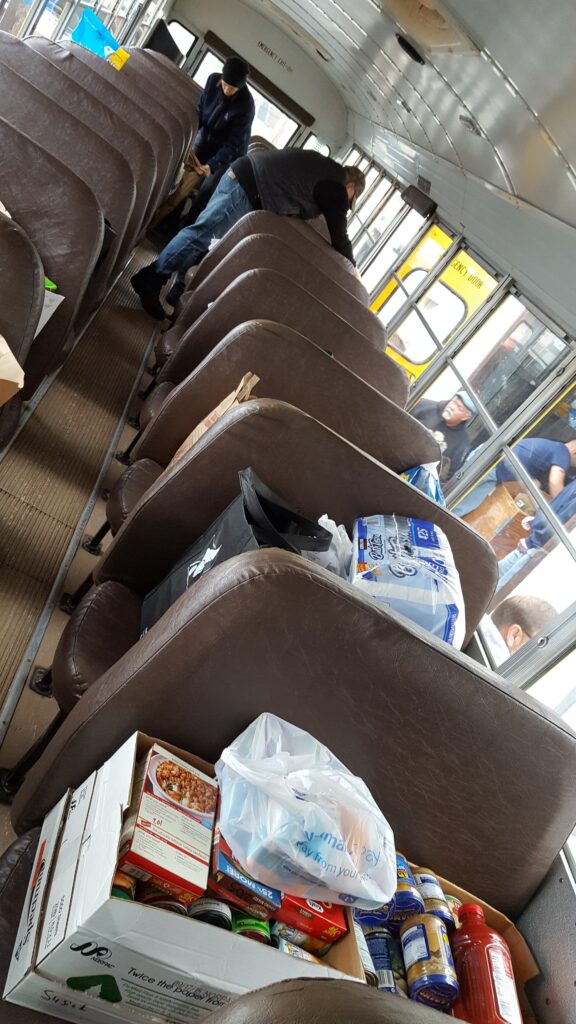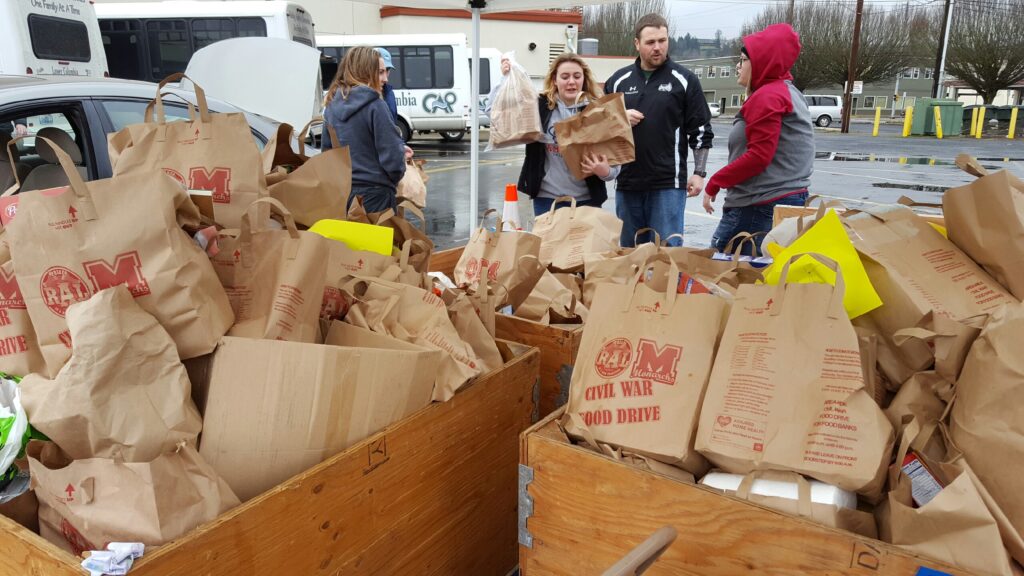By 7:30 p.m. Monday, about a dozen people already were staked out with blankets and umbrellas behind Lower Columbia CAP’s building, hunkering down for a night in the cold drizzle.
When CAP’s doors opened at 8:30 Tuesday morning, the line of low-income people applying for financial help with their heating bills this winter had grown by the hundreds and stretched around the block. Inside CAP, people received appointments to determine eligibility. It was first-come, first-served. The sooner your appointment was, the sooner you got assistance, those waiting in line said.
Longview resident Janet Leigh, 75, wasn’t taking any chances that she’d be too late to receive the limited amount of funding available. Not having any family members who could wait in line for her, Leigh parked herself in a lawn chair under the back-door awning at 1:30 p.m. Monday.
“Last time I got knocked down twice,” she said. “They were pushing, pushing, pushing.”
Last winter, CAP distributed $549,528 to assist 1,365 households, or 3,308 people, of whom more than 1,000 were children. CAP officials, expecting to receive $130,000 less in federal funds than last year, estimate they will be able to aid 1,100 households this winter with $419,390, based on the average household benefit of $381. The money, paid directly to the heating vendors in most cases, may be spent on bills incurred between October 2012 and September 2013.
To be eligible for the federal Low Income Home Energy Assistance Program, a household’s income must be at or below 125 percent of federal poverty level guidelines. That amounts to a monthly income after taxes of $1,164 for one person, $1,576 for two people and $1,989 for three people. People receiving funding are now required to attend a two-hour class on how to conserve energy.
As of late afternoon Tuesday, 862 people had made appointments, but more were trickling in, said Roxana Shelton, CAP’s energy and housing projects coordinator.
Once the doors were open, the line moved about 30 feet every 10 minutes. Some, such as Longview resident Kirsten Perez, 34, were in dire straits. Although her monthly winter electricity bill is only $50, Perez, who is on Social Security and has two small children, has only $100 remaining after rent for all her household expenses.
Others just needed a helping hand. Jordanna Amos, a 23-year-old single mother of three from Kelso, said her minimum-wage job isn’t enough to cover the heating bills in her uninsulated rental house, which she said was built in 1924. Her most recent PUD bill was $424, she said. She’s counting on the money, but she knows others are much worse off than she is.
Howard Eby, 49, has been unemployed for a year and just went on food stamps. The auto body repairman said he hasn’t had any money for six weeks and the bills are piling up. It finally got to the point he had to kick out the “bum camp” that he’d allowed on his South Kelso property. If he didn’t get help with his heating bills, “I don’t know what I’ll do,” he said.
“Hold your head up and keep marching,” he said.



